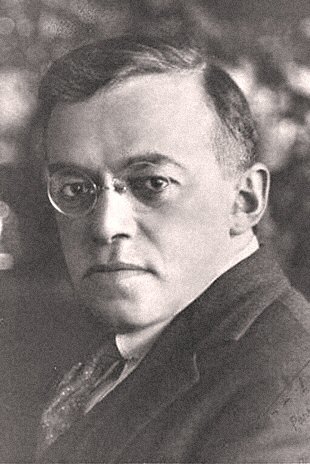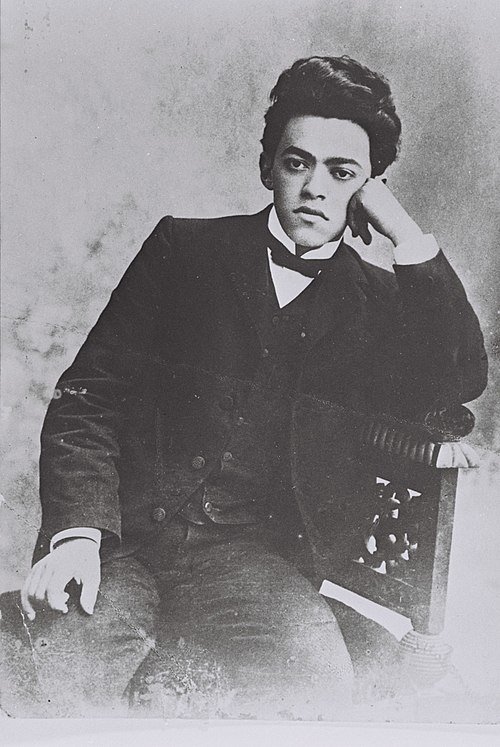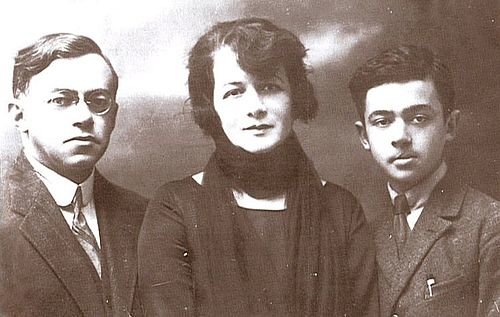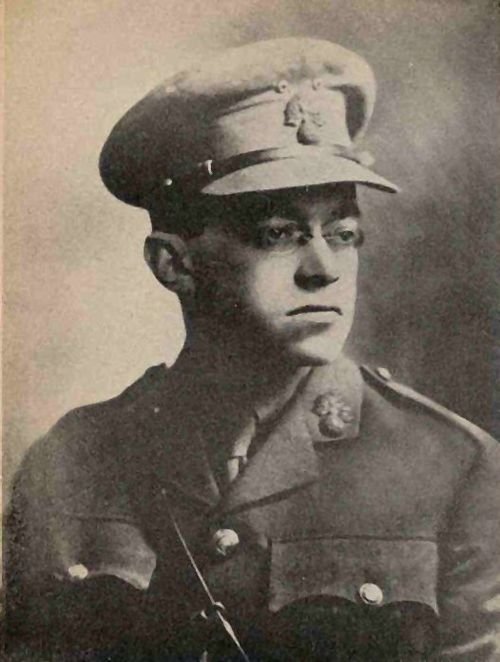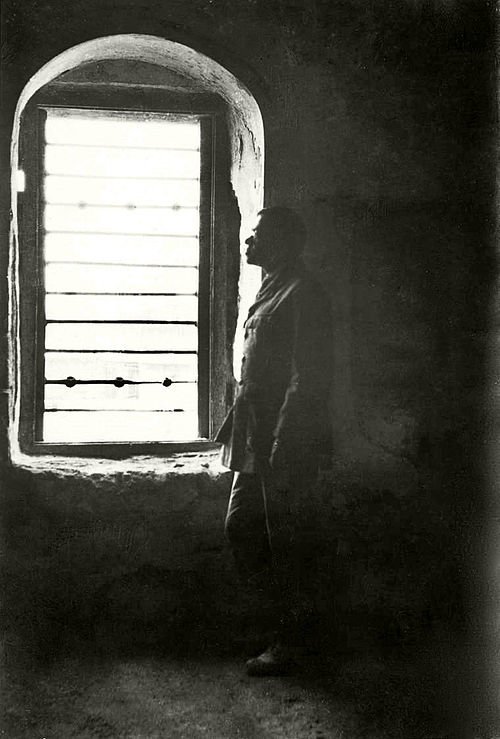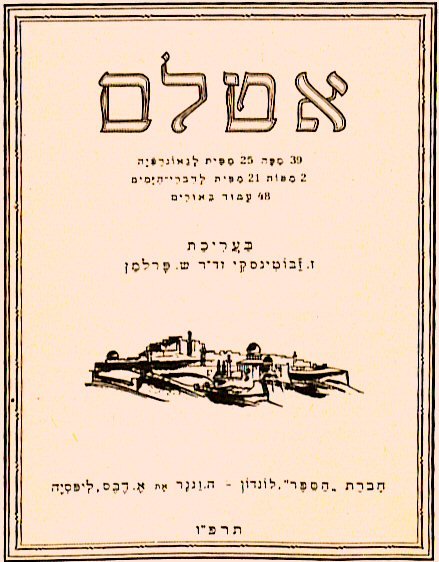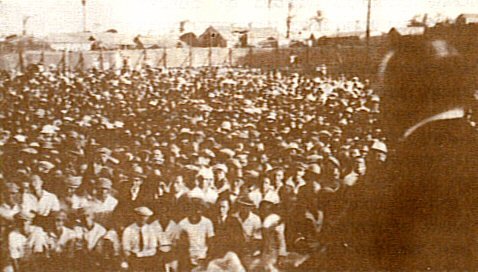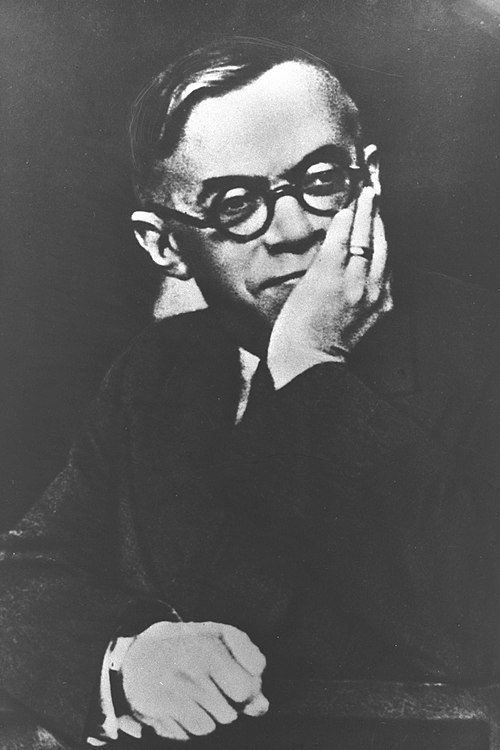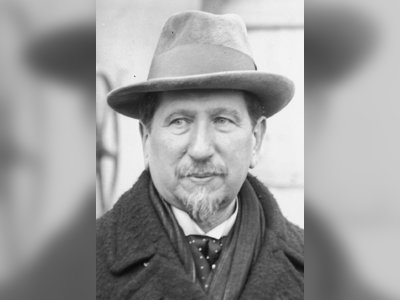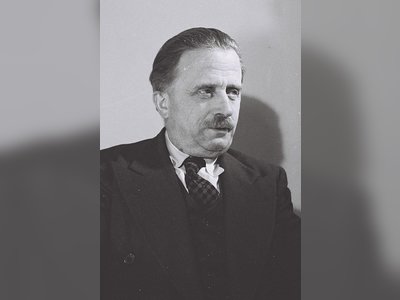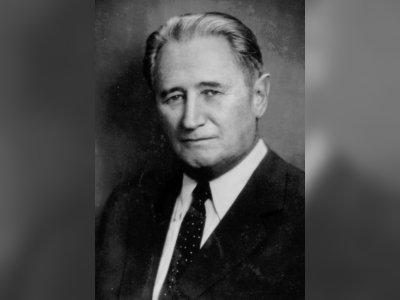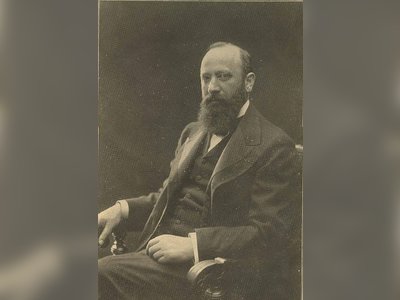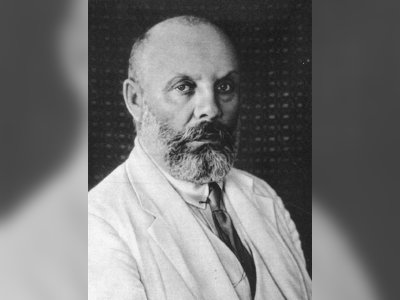Zeev (Vladimir) Jabotinsky: A Zionist Visionary and Leader
Zeev (Vladimir) Jabotinsky, known as the "First Soldier of Judea," was born on October 17, 1880, in Odessa, part of the Russian Empire, and passed away on August 3, 1940, in Hunter, New York. He was a prominent Zionist leader, author, poet, translator, publicist, and renowned orator.
Jabotinsky played a pivotal role in the resurgence of Hebrew military traditions and the establishment of the Jewish self-defense units within the framework of the British Army during World War I. He was also the founder of the Revisionist Zionist movement, the leader of the Betar youth movement, the head of the Irgun, and the president of the Jewish Self-Defense Organization. Furthermore, Jabotinsky was one of the prominent liberal Jewish intellectuals of his time.
Early Life and Beginnings
Zeev Vladimir Jabotinsky was born in Odessa, a city in the southern part of the Russian Empire, on the 12th of Cheshvan, 5641 in the Hebrew calendar (October 17, 1880). His mother, Chava (nee Zalkind), came from a devout Jewish family and was the daughter of Rabbi Yaakov Karnitz. His father, Yevgeny (Yona ben Tzvi), was a merchant. Little is known about Yevgeny's early life, except that he was born in the city of Nikopol on the Dnieper River and was involved in the grain trade. Zeev Vladimir was the third child in the family.
At the age of five, Jabotinsky's father fell ill, and the family moved to Germany for his treatment. Sadly, Yevgeny passed away in 1886, leaving the family in financial hardship. His mother, Chava, returned to Odessa with Zeev and his elder sister, Tamar. Chava took on the responsibility of managing the family, and her influence left a lasting impact on Jabotinsky.
At the age of seven, Zeev started his education at a gymnasium. Due to his Jewish heritage, he faced challenges in gaining admission to the gymnasium due to restrictive laws. In 1888, he began studying Hebrew with the scholar Yehoshua Hana Ravnitzky. From a young age, he showed a deep interest in literature, poetry, and language studies.
He read extensively in Russian and world literature, including translations, and even wrote poems for the student newspaper. While still a student, he became proficient in Yiddish, English, German, and French, and had a basic knowledge of Italian, Latin, Greek, and Esperanto, in which he wrote poems in his youth. Most of his linguistic and literary education was self-acquired.
Odessa was a diverse city at the time, home to various ethnic groups, including Jews, Greeks, Turks, Russians, Ukrainians, and Western European traders. In 1895, at the age of 15, Jabotinsky was invited to the home of one of his Jewish friends, where he met his future wife, Johanna Galperin.
By the age of 17, in 1897, he had already translated works of world poetry into Russian, including some of his favorite poems by Edgar Allan Poe, which he also translated into Hebrew. He submitted his translations to various newspapers, but they were rarely published.
In August 1897, his first article was published in the newspaper "Yuzhnoye Obozrenie." In 1898, Jabotinsky decided to pursue a career as a writer. He presented his translations to the Russian author Fyodor Sologub, who was impressed with Jabotinsky's translation of Poe's poem "The Raven" and published it in the newspaper "Odessky Listok." In the spring of the same year, he was sent to Bern, Switzerland, as a foreign correspondent for the newspaper. With this assignment, he left his studies at the gymnasium without completing his graduation exams. He wrote at the time:
The Early Years of Independence
While traveling to Switzerland, Jabotinsky passed through Hungary and Galicia, where he encountered Jewish ghettos for the first time. In Bern, he found a significant community of Jewish students influenced by the Russian revolutionary movements, with some leaning towards Marxism and socialist ideologies.
Only a few of them were drawn to Zionism. Jabotinsky, an atheist, stated that he had not absorbed Jewish values or traditions during his childhood or youth, and he, like his fellow students, did not feel particularly affected by the plight of the Jews. During a student gathering, he made a speech in which he identified as a Zionist, declaring that the Jewish question needed to be solved in the Land of Israel before it culminated in a catastrophe in the Diaspora. In Bern, at the age of 17, he composed the poem "City of Peace," in which he wrote:
"Elders of my people, I have heard: In your desire to solve the problem of the Jews, each people and tribe has a land, a pledge; here, in this land, a Hebrew people will one day return..."
During his time in Bern, Jabotinsky began studying law, but he felt unsatisfied and turned his attention to literature and the arts. He was deeply influenced by the world of culture, poetry, and music. At the university, he studied under Professor Antonio Labriola, whose approach to historical studies shaped his ideas about "Every Jew is a king" and "One Miracle" in the context of Zionism and the individual's role in history.
This period also marked the formation of his economic views. Jabotinsky was greatly influenced by the revolts of Giuseppe Garibaldi and Joseph Mazzini, which set the stage for his political vision. He later said of this time:
In 1899, his first poem in Russian, "City of Peace," was published in the "Voskhod" almanac in Saint Petersburg, under the pseudonym "Egal." In that same year, he began writing for the influential liberal newspaper "Odesskiye Novosti" (Odessa News) under the pen name "Altalena." He later recalled, "At that time, I still didn't know Italian well, and I thought that the translation of 'manovra' was 'maneuver'—only later did I find out that it meant 'swing.'” His articles were written in a light, eloquent style and covered cultural aspects of Italy.
In 1901, Jabotinsky returned to Odessa with the intention of going back to Rome to complete his legal studies and become a lawyer. However, during this visit, he realized that he had established himself as a writer in Odessa and received an offer to write a regular column for "Odesskiye Novosti." He decided to stay in Odessa and forgo his return to Italy and a legal career.
- זאב ז'בוטינסקיhe.wikipedia.org
